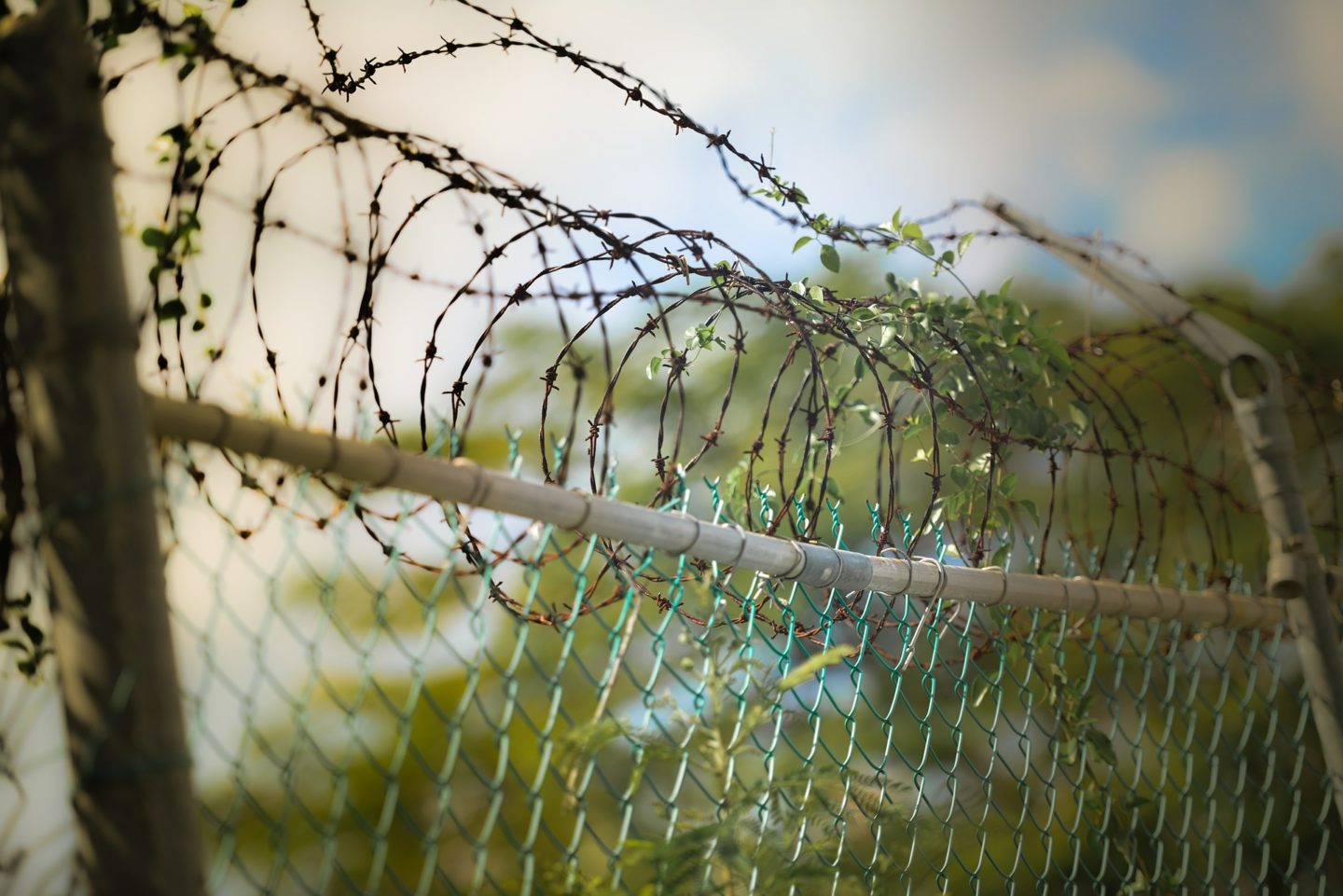The organisation responsible for scrutinising police in Scotland has backed a call for an end to the indefinite detention of immigrants in Britain.
Her Majesty’s Inspectorate of Constabulary Scotland is a member of National Preventive Mechanism, an independent body that monitors detention in the UK with a view to preventing the ill treatment of people.
In a new report, NPM has called for a time limit on immigration detention while pointing out that the UK has been criticised by a number of international human rights bodies.
Critics included the UN Human Rights Committee who recently called on the UK Government to “establish a statutory time limit on the duration of immigration detention and ensure that detention is a measure of last resort”.
In March 2015, a cross party-group of MPs called for an end to the indefinite detention of migrants, warning that too many people were being unnecessarily detained. Some had been held for as long as four years.
The MPs who took part in the parliamentary inquiry into the use of immigration detention in the UK described the system as “expensive, ineffective and unjust” and said that migrants and asylum seekers should be detained for no longer than 28 days, and only then as an “absolute last resort”.
NPM’s latest annual report – Monitoring Places of Detention – highlights a proposal by the Scottish Human Rights Commission who asked that NPM take a stance on the issue.
The report says that in November 2015, NPM members discussed the UK’s “unique situation” of having no statutory time limit on immigration detention, adding that the UK had opted out of the EU Returns Directive. This sets a maximum time limit of six months, and 18 months in exceptional circumstances.
NPM’s report continues: “The Scottish Human Rights Commission proposed that in light of the significant harm caused by indefinite detention, and considering the NPM’s responsibility under OPCAT to make recommendations that take into account relevant UN standards”, the NPM should take a position on the issue. Some individual NPM members have already called for there to be a time limit”.
In response to SHRC’s proposal, NPM said in its report: “NPM members agreed that the NPM should call for a time limit on immigration detention.”
Both the Scottish Human Rights Commission and HMICS are members of NPM.
The Ferret asked HMICS to outline its position and a spokesman confirmed that the organisation opposed unlimited immigration detention.
“HMICS is a member of the NPM and aware of the call for a time limit on immigration detention. The NPM members have not stated what that time limit should be. As a member of NPM we therefore support what the NPM is calling for,” HMICS said.
The Scottish Human Rights Commission welcomed HMICS’s stance.
SHRC Chair Judith Robertson said: “The Scottish Human Rights Commission very much welcomes the call for a time limit on immigration detention and we are delighted to see that the HMICS supports our recommendation.
“We have repeatedly raised concerns about the human rights impact of the current practice of holding people in immigration detention centres much longer than necessary.
“This extends not only to impact on individuals directly affected, but also their families, the wider community and the culture of respect for human rights in Scotland as a whole.”
The Westminster immigration inquiry followed a number of scandals over conditions within immigration removal centres.
They also took the unusual step of taking calls from detainees, who were put on speakerphone so committee members in Westminster could hear them describe conditions inside some of UK detention centres.
They heard accounts of suicide attempts, people being handcuffed for hospital treatment, and of women detainees being sexually harassed by guards.
A 28-year-old identified only as C, told MPs of being trafficked at the age of 16, beaten, raped and tortured en route to the UK, where he was later arrested for trying to use a false passport.
He told the panel he had been detained for nearly three years and diagnosed with post-traumatic stress disorder by two doctors, one of whom had written to the Home Office stating that his condition was deteriorating and that he should not be kept in detention.
Also in 2015, the BBC revealed that dozens of asylum seekers had been held at Dungavel immigration removal centre (IRC) in South Lanarkshire for months. In some cases detainees were held for more than a year.
The figures, released under Freedom of Information legislation, presented a snapshot of detention at the controversial facility outside Strathaven.
On 7 January that year, 41 of the 185 detainees at Dungavel had been held there for more than three months. Of those, 32 had been detained for more than six months, while in two cases detainees from Western Sahara and Algeria had been at Dungavel for more than a year.
One detainee from Iran had spent 11 months in Dungavel and a total of almost two and a half years in detention.
In reply to NPM’s report a Home Office spokesperson said: “Detention and removal are essential parts of effective immigration controls but it is vital they are carried out with dignity and respect. When people are detained, it is for the minimum time possible and the welfare of those in our care is of the utmost importance.
“No-one is detained indefinitely and time limits apply to the detention of pregnant women and families with children. Individuals are able to apply for immigration bail and challenge their detention in the courts.”














